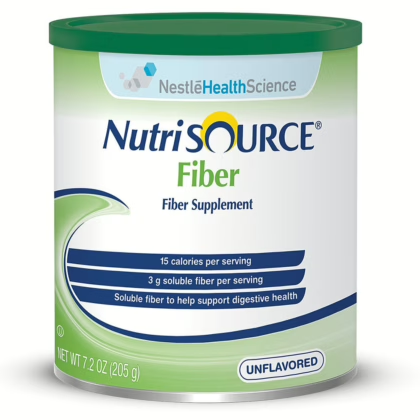
Can you imagine all the effort that the heart does to perform its function to the fullest and deliver oxygen and nutrients to every cell in your body? Definitely knowing this info will help you imagine; the heart beats 100,000 times a day and pumps 1.5 gallons of blood every minute through blood vessels up to 60,000 miles long! This vital function makes heart disease the biggest threat to your health. As a result, we must focus more on heart health before diseases strike.
It’s not as difficult as you may believe! A healthy lifestyle and diet are main contributors in preventing cardiovascular disease. Keep in mind that you can preserve your health and the health of your heart by doing some easy practices such as:
Physical activity helps strengthen the heart muscles, improve blood circulation, and reduce the risk of heart disease. It also helps maintain a healthy weight and lower cholesterol and blood pressure.
Here are some tips:
Watch the calories you take and make sure you are consuming the calories you eat. You may:
Regular physical activity can help you maintain your weight, achieve fitness, and maintain a healthy cardiovascular system.
Make sure the food contains:
Also, attempt to restrict or reduce your consumption of:
Quit smoking or consuming any products that contain tobacco or nicotine, such as e-cigarettes, and avoid secondhand smoke. Book an appointment for free medical consultation to help you quit smoking.
Lack of sleep raises your risk of developing high blood pressure, obesity, and diabetes, which all increase your risk of heart disease. Keep in mind that most adults require 7 to 9 hours of sleep every night.
High blood pressure is a major risk factor for heart disease, so check your blood pressure regularly at least once a year even if you don’t have high blood pressure.
High levels of cholesterol and triglycerides can clog arteries and increase the risk of coronary artery disease and heart attacks.
Having diabetes doubles your risk of heart disease, because over time, high blood sugar can damage blood vessels and the nerves that control the heart and blood vessels.
Therefore, it is important to regularly measure your blood sugar level and keep it at a healthy level.
Stress and stress are linked to heart disease. For example, they can cause:
Also, some common ways to cope with stress include overeating, excessive drinking and smoking! So, try to manage stress by exercising, listening to music, focusing on something calm, and meditating.











